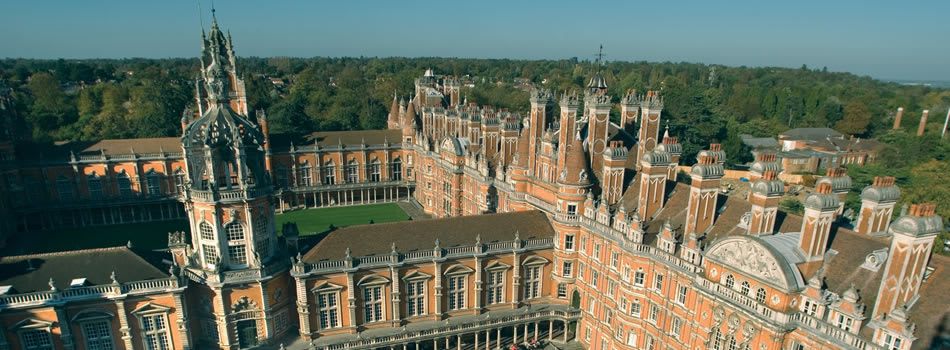About the Project
Superconducting Quantum Circuitry (or circuit Quantum Electrodynamics, cQED) is a new field of research in physics that exploits the macroscopic quantum coherence phenomena of nano-fabricated superconducting devices. These on-chip artificial atoms exhibit all of the standard quantum properties of natural atoms but in addition, as man-made artefacts, they may be engineered in ways that natural atoms cannot be. These artificial atoms differ from natural atoms; they interact most naturally in the microwave region of the electromagnetic spectrum rather than the optical; the individually engineered artificial atoms are no longer identical; the coupling between the microwave light and the atom is far stronger; but in almost all other aspects the well-established physics of quantum optics is directly transferrable to this new and unexplored regime. Many advances have been made, for example the recent rapid progress towards the construction of a superconducting quantum computer, but the quantisation of the microwave field around the device and its operation near the single photon limit remains relatively unexplored.
The project will focus on developing the field of microwave quantum optics, exploiting recent successes at Royal Holloway and the National Physical Laboratory, to demonstrate single microwave photon emission, manipulation and control and also higher order processes such as masing. An extreme limit of this field is the concept of the ‘quantum meta-material’, towards which we intend to progress.
The project will consist of designing and nano-fabricating on-chip microwave quantum-optical devices and subsequently testing them at milliKelvin temperatures using advanced microwave test-and-measurement instruments. Further skills will be acquired in experimental design, quantum theory, data analysis and interpretation, microwave quantum optics and other areas. The project will be based primarily at Royal Holloway, University of London with a co-supervisor at The National Physical Laboratory.
This demanding but rewarding project will be undertaken within the "UK Centre for Superconducting and Hybrid Quantum Systems" (UK-CSQS), a joint venture between Royal Holloway, University of London, the University of Lancaster and the National Physical Laboratory. The overall research focus of the centre is the development of quantum device technology through the application of fundamental phenomena based on superconductivity, such as the Josephson effects, coherent quantum phase slip (the dual of the Josephson effect), flux and charge quantisation, quantum coherent behaviour, the principle of superposition, non-linear and non-dissipative phenomena, quantum entanglement and the interaction of devices with the quantised electromagnetic field, both as a probe and as an environment. We provide shared access to nano-fabrication facilities, specialist cryogenic facilities, an advanced understanding of condensed matter quantum technologies and we share our expertise. We also seek advances in the related fields of materials discovery and exploitation, low temperature technology, microwave technology and advanced nano-fabrication. Potential applications lie in the fields of quantum metrology (seeking to re-define the Ampere and to close the ‘metrological triangle’), the construction of quantum computing devices and quantum simulators, the exploitation of artificial atoms, microwave quantum optics, quantum meta-materials, quantum limited amplification and novel sensors operating beyond the standard quantum limit. The integration of these devices with other quantum systems such as nano electromechanical systems (NEMS), embedded ions, magnetic materials, normal metals, semiconductor and low-dimensional materials and other forms of quantum system is the basis of Hybrid Devices. The three groups each have outstanding global reputations for their research.
Applications may be submitted at any time. Several projects are available within the UK-CSQS, applicants should submit only one application and specify their interests to be considered for all available relevant projects.
Funding Notes
This research project has funding attached. Funding for this project is available to citizens of a number of European countries (including the UK). In most cases this will include all EU nationals. However full funding may not be available to all applicants and you should read the full department and project details for further information.
Non-European Students: In most cases if you have the correct qualifications and access to your own funding, either from your home country or your own finances, your application to work with this supervisor will be considered.

 Continue with Facebook
Continue with Facebook


